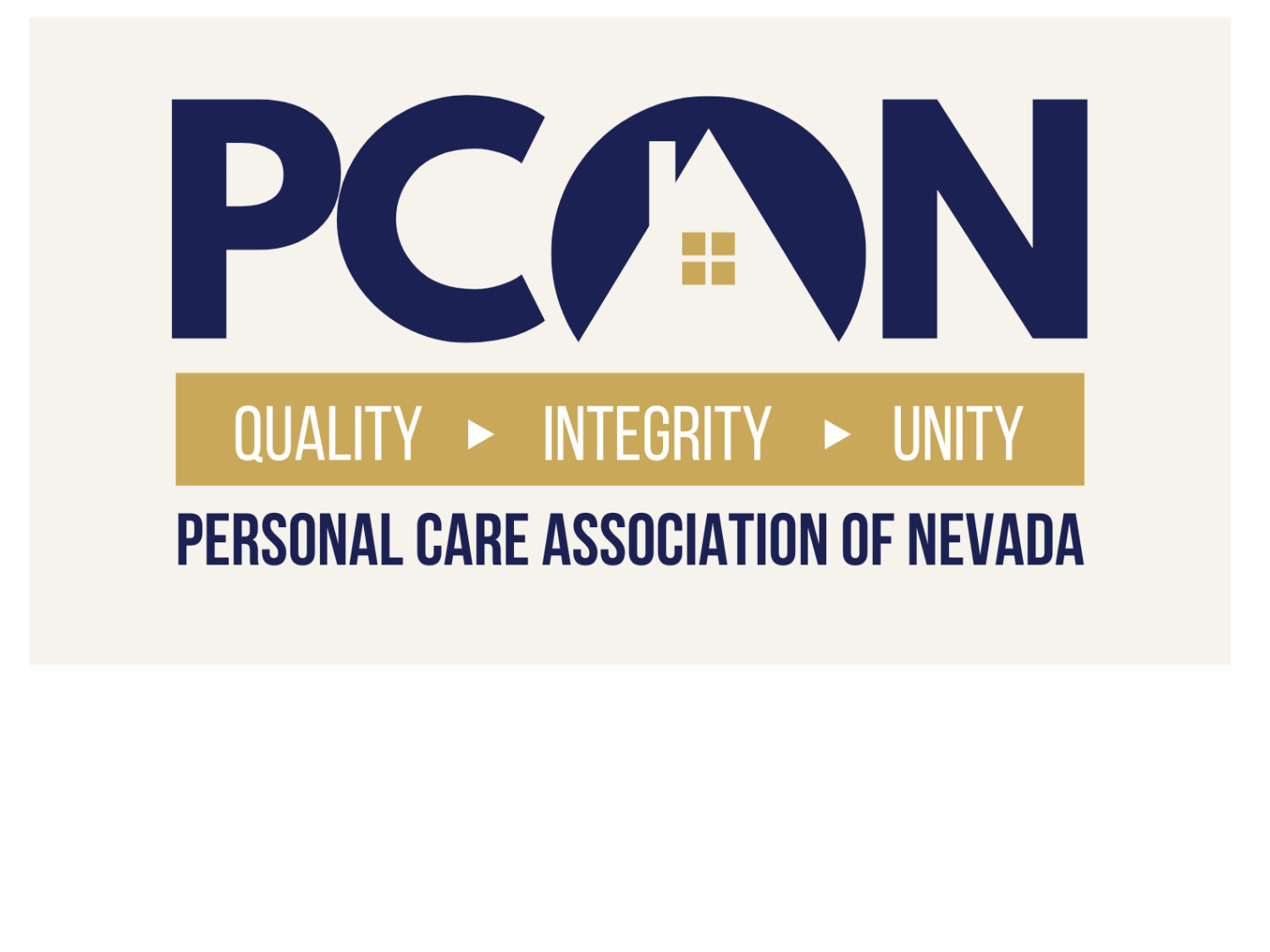Personal Care Association Nevada
At PCAN, we are the united voice of Nevada’s personal care agencies, working together to improve the lives of seniors, individuals with disabilities, and caregivers throughout the Silver State. Our mission is to advocate for high-quality, compassionate in-home care, empower caregivers, and support families in maintaining independence and dignity.
With decades of combined experience across our member agencies, PCAN represents a diverse network of trusted providers dedicated to delivering personalized, non-medical care to those who need it most. From legislative advocacy to caregiver support, we are committed to shaping the future of personal care in Nevada.
Whether you’re seeking care, considering a career in caregiving, or exploring ways to partner with us, PCAN is here to connect you with the resources and expertise you need. Together, we’re creating a stronger, more supportive community for all.
Connect. Advocate. Empower. Welcome to PCAN.
